Heritage
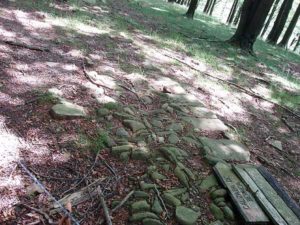
Lime kilms
/he production of lime was a job that was developed in Ataun for 5 centuries. At that time, lime was essential for survival: it was necessary in quarries, building work and agriculture. The materials needed to produce lime were stone and fuel and all the work could be carried out without the need to leave […]
Read more »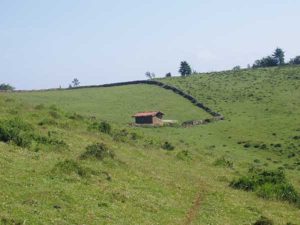
The shepherd’s sheep pens
The sheep pens are places where the flock takes refuge at night and the shepherds shelter. There is usually a cabin which serves as a shelter for the shepherds when they go up to the mountain pastures in summer. The sheep pens are usually to be found in a sheltered place away from currents of […]
Read more »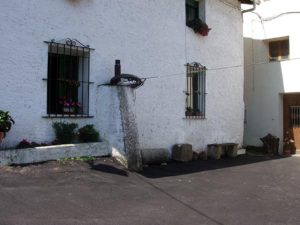
Cable
/This was used in very few towns, as the system is related with the orography. However, in Ataun, it was of great importance and extremely useful. Nowadays, it is used for transporting grass. In a study carried out in 1996, 197 cables and pulleys were counted; today, there remain 32, only 17 of which are […]
Read more »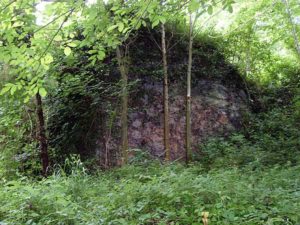
The carriageway
/The road that goes through Ataun today is late, specifically from the 19th century and its importance is not a fraction of what the old road’s was. In fact, before the present road network was created, as it was a stopping off place between two territories, Ataun has always recognised that it is a “gateway”. […]
Read more »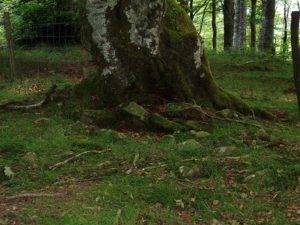
Dolmen and caves
/Ataun is packed with prehistoric vestiges, there are numerous dolmens and caves full of tools left behind by human beings thousands of years ago as well as other vestiges. The megalithic stations of Aralar and Ataun-Burunda afford us the opportunity to walk over the Arantzazumendi, Lizarrusti/Aietsu and Ubegi mountains, going from dolmen to dolmen and […]
Read more »